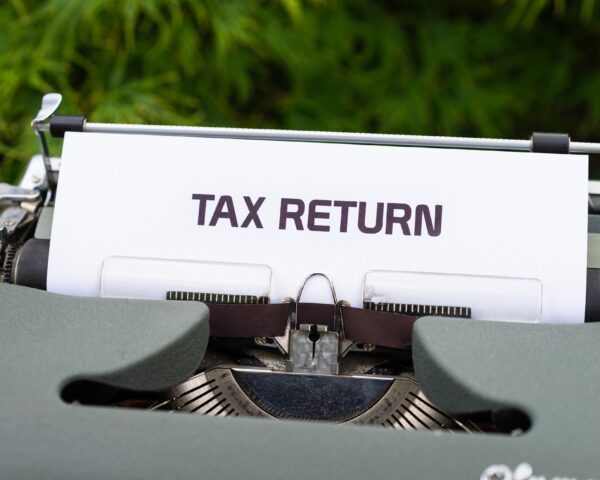Cars – This is a common area where people get confused so we thought we’d lay this out clearly.
Scenario 1 – you own your car personally, but you use it for business travel.
This is fairly clear cut. Your car is owned by you personally, so you need to continue to pay for all car related costs personally. This includes repairs, insurance, petrol, servicing, MOT. All costs you incur for your car.
If you do use the car for business travel, you will get some benefit from HMRC. They allow you to include a business expense based on the milage you travel for business purposes. They will let you include the following amounts for each tax year:
- Cars and Vans – 45p/mile for the first 10,000 miles, 25p/mile for miles above 10,000
- Motorcycles – 24p/mile for the first 10,000 mile, 24p/mile for miles above 10,000
- Bicycles – 20p/mile for the first 10,000 mile, 20p/mile for miles above 10,000
How does this work in practice? If you are self-employed you calculate the business miles travelled in the tax year, and you can add this as a business expense in your self-assessment. If you are employed by a Company, Director’s can record the motor vehicle milage cost in the business as a Director’s loan. Employees can be reimbursed for the milage cost via employee expenses.
That should cover that one.
Scenario 2 – You have a Company car
If the business has bought a car on behalf of an employee this is known as a ‘Company car’. In this case all of the car costs can go through the business – including lease costs (if leased), cost of buying the car, insurance, MOT, petrol, servicing. All of the car related costs. The thing here is that the car must be registered in the businesses name, not the individual’s. It’s not sufficient that the business just pays for the vehicle, it must also the legal owner or named on the lease.
The key point to consider in this scenario is that if the employee is deemed to use the car for personal use, they will need to declare this as a benefit in kind and will be taxed on this. HMRC view driving the car to your office/ usual place of work as ‘personal use’, so in reality most people will be considered to have this personal use element. A good example of an exception might be a ‘pool car’ which lived at the office, and was only used driving for work journeys.
How is the benefit in kind worked out? The charge is based on the list price of the car multiplied by a % based on the CO2 emissions and fuel type. This is much lower for electric cars at the moment, for example the rate starts at 2% for tax year 22/23. This can go up to 37% for a car with very high CO2 emissions rate.
Your Company would need to record this benefit on an annual P11D form. You would be taxed on the benefit amount, and the Company would need to pay national insurance on it.
Note – It’s probably not going to make sense doing this for a petrol or diesel car. The calculation will mean that the annual benefit in kind you are required to pay will be high and you could end up paying a lot of tax. It’s really only advisable to do this for electric or very low emission cars.
How about VAT? If the business buys a car and it’s VAT registered, it may be able to reclaim the VAT if it’s used 100% for business. The car must not be available for personal use.
If you’re leasing a car, you can usually claim 50% of the VAT back, you may be able to reclaim all of it if you can prove it’s only used for business. On fuel, you can only reclaim the VAT for fuel used on business trips. You can usually reclaim the VAT for any other business related running costs.
Clear us mud? Get in touch if you’re still confused – hello@pennybooks.io









